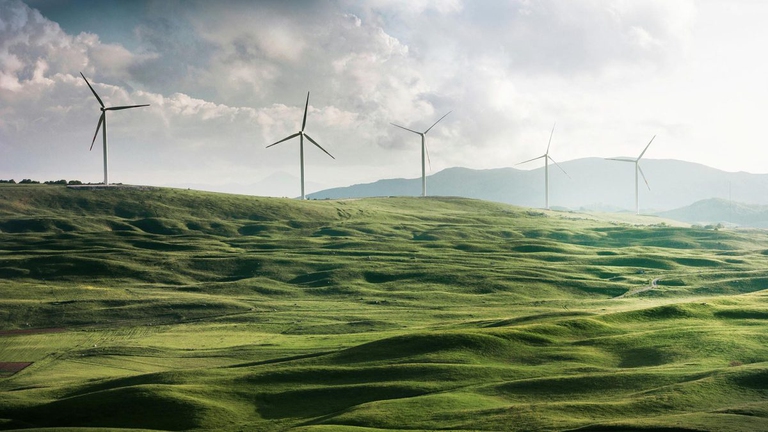https://www.lifegate.it/green-peace-foreign-affairs
- |
It has often happened to me to define – here, for example - the movement to fight against the climate crisis like the Ram, the forerunner for all those movements that hope for more freedom, rights, equality and prosperity.Because the fight against the climate crisis contains within itself the spark capable of igniting the desire to build a more equitable, just, safe and above all liveable world.And it is precisely from this thesis that the reflection of a highly recommended article, published in the edition currently on newsstands of Foreign Affairs, the famous bimonthly geopolitical magazine, begins.The analysis is titled Green Peace, green peace, and it was created by Meghan O'Sullivan and Jason Bordoff.The subtitle is rather explanatory of the thesis that the authors want to support:how the fight against climate change can overcome geopolitical conflicts.In short, it gets serious here.Finally it is clearly stated that the climate crisis is a geopolitical issue that must be addressed to resolve a thousand other issues that today have brought the world into an international situation of polycrisis, that is, a crisis that involves multiple aspects and issues.And permanent too.

In the polycrisis we need more climate action, not less
If until now the leaders of half the world have thought that it was superfluous to talk about ecological (and therefore energy) transition in a context of war, humanitarian crises of various levels, insecurity, inflation, job insecurity, now it is time to change perspective.Because all these "crises" must not lead to less "ambition" from a climate point of view.Rather, to greater involvement.According to O'Sullivan and Bordoff, it is precisely a lack of action that is the cause of the situation we find ourselves in:“A faster transition towards forms of clean energy can give new stimulus to economies, keep protectionist pressures in check and calm tensions between superpowers, overcoming the strong anxieties that now drive calls for a slowdown” of the transition.
A concept subversive – in the sense that it tends to revolutionize and upset an existing state of things – because it dismantles all the theses that have so far attempted to protect the status quo, policies business as usual which should have avoided further shocks on the international relations front.But as well as being subversive, the call for “more transition” is damning pragmatic.This is because, as we know, the energy system goes hand in hand with geopolitics and efforts to modernize it go far beyond the goal of curbing climate change.
If countries, especially Western ones whose governments compete to fill their mouths with words such as sovereignism, autonomy, protectionism - in particular of their own industrial activities -, truly understood and accepted the challenge of the transition, they would probably be able to reduce inequalities at within their population, the same one they say they want to protect from phantom "invasions", stimulating markets through a greater propensity to export products and reducing dependence on Chinese factories.On the contrary, the pair of authors continue, "failing in the ability to combine climate objectives with geopolitical ones would mean missing out on an opportunity of historic importance".

Even before networks, policies are needed smart
And it doesn't end here.Bringing energy policies to life”intelligent” means stopping passing on unnecessary and often excessive costs to people, the result of poor management that jeopardizes the very reliability of the system.Those who deny this form of development today often use the scare of high energy costs to attack the transition, fueling a form of populism (and fear) as an end in itself.
Because it's right from the collaboration and by a positive and reassuring form of multilateralism that can improve competition and above all achieve economic, scientific and human objectives useful to the entire international community.As the article points out, “unbridled globalization may have come to an end, but theeconomic integration it's still possible."And making energy more accessible and affordable for everyone, especially in the countries of the southern hemisphere, can help reduce tensions between industrialized countries and the rest of the world.
To achieve green peace, O'Sullivan and Bordoff conclude in Foreign Affairs, we must work towards one energy transition.Only in this way can we prevent or avoid further damage and disasters, but above all give life to a new vision of the future, made of peace, prosperity and stability.
